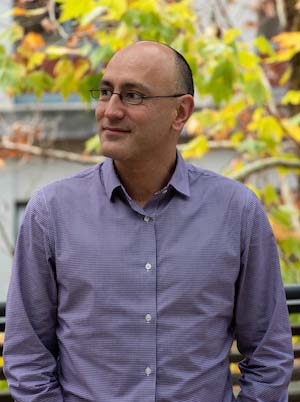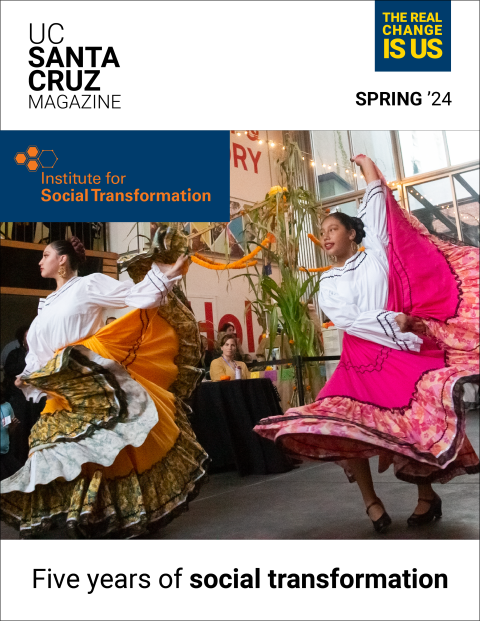Researchers from UC Santa Cruz will play an important role in protecting the United States’ transportation systems against cybersecurity threats as part of a new national center. UCSC researchers will focus on improving the artificial intelligence systems that power autonomous vehicles such as driverless cars.
With the support of a five-year, $20 million grant from the U.S. Department of Transportation, nine universities will collaborate on the new National Center for Transportation Cybersecurity and Resiliency (TraCR), led at Clemson University. The center will produce hardware and software that will defend internet-enabled transportation systems from cyber attacks.
Associate Professor Alvaro Cardenas, Assistant Professor Daniel Fremont, Assistant Professor Leilani Gilpin, and Assistant Professor Cihang Xie — all affiliated with the Computer Science and Engineering Department at the UCSC Baskin School of Engineering — and several of their students will be involved in this project.
“At UCSC, we have an interdisciplinary team to address the challenges of secure and resilient intelligent transportation systems,” said Cardenas, who will be the center’s associate director at UCSC. “As AI agents become more pervasive in our transportation infrastructures, we need different areas of expertise to operate these systems safely. Participating in a national Department of Transportation center is a great opportunity and a recognition of the talent and research done at UCSC.”
Gilpin is an expert in AI and explainability and will lead efforts so autonomous systems can justify their decisions to human operators. Fremont is an expert in formal methods and verification and will work on formalizing security properties and developing tests to find vulnerabilities. Xie is an expert in adversarial machine learning and will work on robustifying the perception systems of autonomous vehicles.
Other collaborating universities include Benedict College, Florida International University, Morgan State University, Purdue University, South Carolina State University, the University of Alabama, and the University of Texas at Dallas.
UC Santa Cruz engineers join major transportation cybersecurity project



